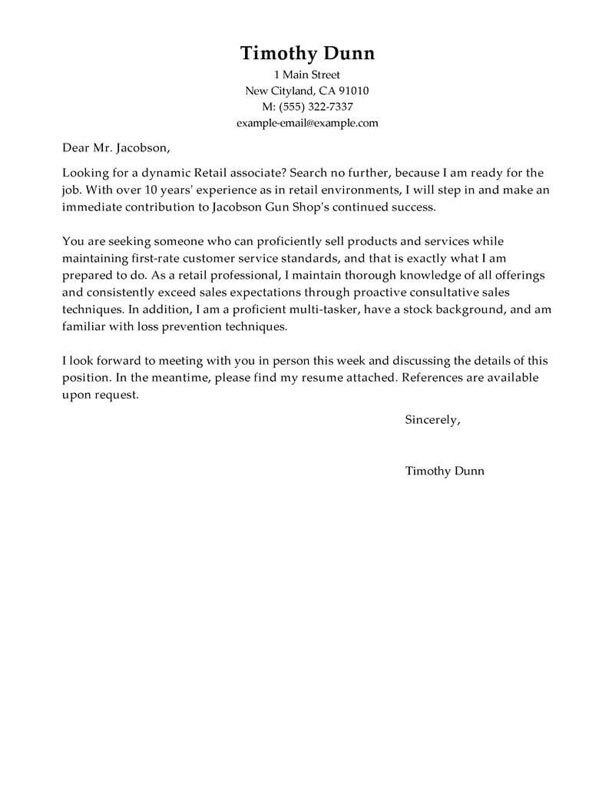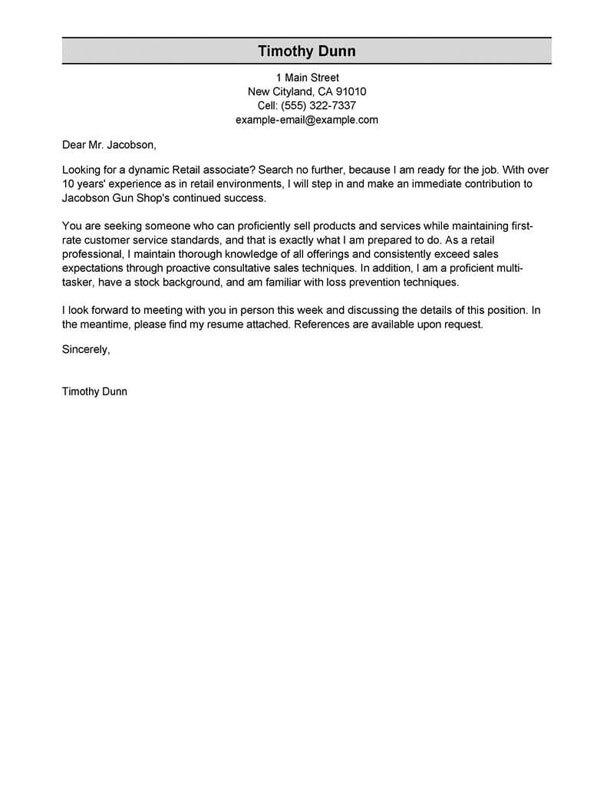TABLE OF CONTENTS
Estimator resume summary examples
Most hiring managers only do a seven-second scan of your resume. If they don’t see what they’re looking for in your professional summary, they’re probably skipping to the next person.
A professional summary is a two-to-three-sentence paragraph that sells your top achievements as a Estimator and best qualifications for the job at hand.
Recent grads, career-changers and those without much work experience would be better served by writing an objective statement which mentions your goals for a position and the skills that you do have.
Below, we’ll share examples of Estimator professional summaries for different job candidates.
Good example:
“Accomplished Estimator with 5+ years of experience in construction and water efficiency projects. Proven track record of accurately assessing project costs and creating competitive bids that drive profitability. Skilled in analyzing complex technical drawings and developing comprehensive estimates for a variety of projects.”
Why this example passes:
- Feature candidate’s success statistic to grab attention. Numbers add detail about how big the results you deliver are, e.g., test scores, passing rate and more.
- Shows career length, 11 years.
- Mentions employer-desired skills: student motivation and interactive lessons.
Bad example:
“ I am an experienced Estimator with great communication skills. I have a strong understanding of the estimating process and I am eager to learn new techniques. I am confident that I can be an asset to any team.”
Why this example fails:
- Doesn’t include any numbers that quantify estimator’s performance
- Uses vague descriptions and skills.
- Doesn’t include years of teaching experience.
The fastest way to write your professional summary
If you want an edge writing to help write your professional summary, check out our Resume Builder. It features pre-written content for Estimator roles that you can select from, personalize and use!
- 1
Enter the details about the job title you held. The builder comes preloaded with auto-suggested phrasing written by resume experts.
- 2
Then, just pick from these suggested phrases that best frame your experience and customize them to your liking!
- 3
All you have to do is choose the summary phrases that best frame your experience. It’s like having a professional do it for you!
You’ll find content written by resume experts in our Resume Builder, but you can also take it above and beyond and employ our professional resume-writing services! Get ready for the job search by taking advantage of the resume-writing tools that are best for you.
The reviews are in!
See what they're saying about us on Trustpilot.
Estimator resume work experience examples
One of the most important sections in any resume is the work experience. Writing a work experience section that demonstrates you have what it takes to thrive in the job is crucial to writing a resume. Recruiters want to see your unique achievements, so leave the generic job duties out. Use the following examples to understand better how to write this section.
Good example:
Johnson Consulting I Rolling Meadows, IL I 8/2018-current
- Developed accurate cost estimates for complex projects, ensuring successful completion within budget
- Created detailed cost reports and tracked project costs to ensure successful budget management
- Collaborated with project managers to analyze and evaluate cost trends and develop strategies to reduce costs
- Analyzed cost data to identify areas of improvement and increase cost savings.
Why this example passes:
- Numbers and statistics add detail and quantify the results this estimator delivers: 4% improvement and a class size of 20-25.
- Good use of strong words and active language.
- References specialized value cahier provides with “individualized lesson plans.”
Bad example:
Malone Group I Redmond, WA I 4/2022-present
- Estimated materials for projects
- Created estimates for potential projects
- Met with clients to discuss projects
- Assisted with budgeting for projects
Why this example fails:
- Lacks numbers or statistics.
- Describes general tasks, not teaching achievements or career highlights.
- Uses active verbs, but doesn’t focus on results.
Estimator resume skills examples
Here are 18 sample skills for estimator:
- Project Planning
- HVAC Systems
- Estimate Preparation
- Presentation Development
- Construction Cost Estimates
- Budgeting
- Project estimation and bidding
- Building and construction
- Construction and building
- Drywalling
- Roofing
- Residential construction
- Commercial construction
- Vendor relationships
- Construction management
- Calculating cost factors
- Foundation systems
- Historical pricing
You should sprinkle skills and abilities throughout your resume. Include them in your professional summary, work experience blurbs and a dedicated skills section.
Examples of additional resume sections
Your Estimator resume must include the following: contact information, resume summary, work experience, skills and education. These are the five main resume sections; however, you can customize your resume with additional sections.
Here are some examples of optional estimator resume sections that you could add to provide greater detail:
- References
- Additional skills
- Certifications
- Photo
- Overview
- Languages
- Professional skills
- Accomplishments
Extra sections help you accurately showcase all the qualifications that make you an excellent Estimator. Nevertheless, stuffing your resume with irrelevant details will diminish the impact of your relevant experiences.
How to choose a resume format
0-3
Years of experience
Functional formats
- Focus on skills.
- Best for first-time estimator who lack work experience.
- Good for people re-entering workforce.
- May omit dates in the work history section.
Organization:
- Skills listed above work experience.
3-10
Years of experience
Combination formats
- Balance skills and work history.
- Ideal for mid-career estimator.
- Suitable for career changers and people seeking promotion.
Organization:
- Skills next to or above work experience.
10+
Years of experience
Chronological formats
- Put the most focus on work history.
- Best for estimator with a long, steady career.
- Most popular format.
- Preferred by recruiters.
Organization:
- Work experience listed above skills.
Once you know the best format for you, it’s easy to pick a estimator resume template. Templates are preformatted layouts created by design professionals to ensure your resume looks amazing!
Featured in:*

*The names and logos of the companies referred to in this page are all trademarks of their respective holders. Unless specifically stated otherwise, such references are not intended to imply any affiliation or association with LiveCareer.





